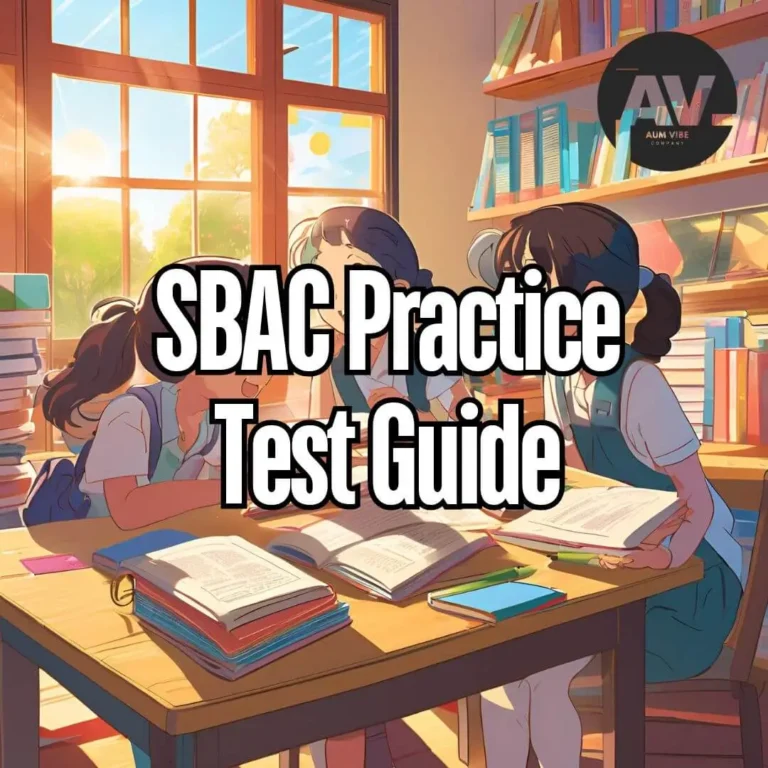
The Importance of Making Time for You During College
College life is often characterized by a relentless pursuit of academic excellence, leaving students with scarce moments to prioritize relaxation. Amidst this whirlwind of lectures, assignments, and exams, finding solace in enjoyable activities such as casual gaming is not just leisure, but a necessary respite for mental health. In this article, we dissect the vital role of making time for oneself amidst the rigors of college life, underscoring the underestimated value of downtime.
The Benefits of Relaxation and Casual Gaming

College life often involves a strenuous mix of academic pressures and social engagements that can lead to stress and burnout. Students need to find pockets of tranquility where they can recharge their mental batteries. Engaging in relaxation and casual gaming activities, such as an online sweepstakes casino, offers a welcome distraction that can help soothe the mind and provide a temporary oasis from the rigors of scholarly pursuits.
Unwinding through games isn’t merely about passing time; it’s a therapeutic process that can foster improved concentration and enhance cognitive function when returning to one’s studies. Casual gaming creates an environment free of high-stakes pressures, enabling students to decompress leisurely. This restoration of mental equilibrium is key to maintaining an effective balance between work and relaxation during the demanding college years.
Embracing casual gaming as part of a balanced lifestyle encourages the establishment of healthy boundaries between study and play. Students who allocate time for leisurely pursuits often report reduced stress levels, leading to a more enjoyable and sustainable educational experience. Ultimately, incorporating periodic gaming sessions can act as a buoyant force, keeping students afloat amidst the academic responsibilities.
Balancing Academics and Personal Well-being
Pursuing academic excellence often consumes most of a student’s time, yet the significance of maintaining personal wellness cannot be overstated. College years, especially within an IT associate degree program, engender a rigorous schedule with lectures, labs, and study sessions demanding diligence and resilience. However, the genesis of a successful career is found not solely in intellectual achievements but in cultivating a harmonious lifestyle that fosters both mental and physical health.
Individuals embarking on their college journey must recognize the delicate balance between scholastic commitments and the nourishment of personal interests. Engaging in hobbies, physical activities, or simply carving out moments for reflection and relaxation can be profoundly beneficial. These self-care practices are the unsung complements to academic rigor, acting as the counterbalance that sustains one’s overall well-being during the formative college years.
More often than not, students feel ensnared by the belief that relentless study is the sole path to success, neglecting the body’s and mind’s pleas for rest. It is paramount for these individuals to listen to the subtle cues of exhaustion and to heed the need for recuperation. By incorporating regular breaks and leisure activities into their routines, students cultivate resilience, enhance focus, and often return to their studies with renewed vigor and a clearer perspective.
One cannot overlook the holistic development that emerges from a well-rounded college experience. By integrating academics with self-care, students pave the way for personal growth and prepare themselves for the professional challenges ahead. This blend of knowledge and well-being ultimately equips students to thrive in their careers and in all facets of their lives post-graduation.
Building Healthy Social Connections
Fostering healthy social connections within the bustling campus environment is a pivotal aspect of the collegiate journey. These alliances often serve as a source of support, mitigating the feelings of isolation and stress that are too common among students. An individual’s ability to nurture relationships with peers can significantly influence their overall well-being during these transformative years.
Cultivating friendships and engaging in social activities are integral to a student’s growth, providing a communal space to share experiences and navigate challenges collectively. When students make time for social interaction, they build networks and develop crucial interpersonal skills that complement their academic development.
Active participation in campus life, whether through study groups, clubs, or informal gatherings, enriches the college experience. It creates a harmonious blend of personal enrichment and academic pursuit, reinforcing that personal growth is as valuable as a diploma.
Overall, the journey through college underscores the importance of finding balance amidst academic rigor and personal well-being. By recognizing the significance of relaxation, maintaining healthy social connections, and embracing leisure activities such as casual gaming, students can cultivate a holistic college experience that prepares them for academic success and fulfilling life beyond graduation.






